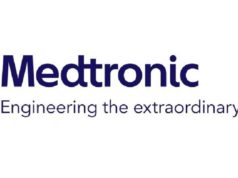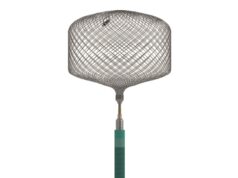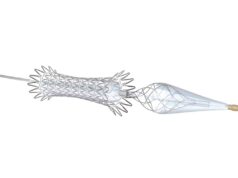 Medtronic has announced the first enrolment in its trial evaluating the safety and efficacy of adaptive deep brain stimulation (aDBS) in patients with Parkinson’s disease (PD).
Medtronic has announced the first enrolment in its trial evaluating the safety and efficacy of adaptive deep brain stimulation (aDBS) in patients with Parkinson’s disease (PD).
Medtronic reports that aDBS is an investigational feature of its Percept PC device, that could be enabled if approved. The investigational feature used in this study allows for automated adjustment of brain stimulation to provide therapy to manage symptoms of Parkinson’s disease based on a patient’s clinical state.
The trial, entitled aDBS algorithm for personalised therapy in Parkinson’s disease (ADAPT-PD), is a randomised study across 12 study sites at leading movement disorder research centres in the USA, Europe, and Canada. An estimated 36 subjects will undergo a total evaluation period of 15 months.
The company reports that the primary endpoint of ADAPT-PD will compare standard continuous DBS (cDBS) to aDBS for hours of “On” time without troublesome dyskinesias, a measure of treatment efficacy versus side effects, as reported by patient diary. Qualifying subjects in the study will receive cDBS at baseline followed by randomised evaluation of two different aDBS algorithms in a blinded manner.
Helen Bronte-Stewart (Stanford University, Stanford, USA), North American principal investigator for ADAPT-PD enrolled the first patient at the Stanford Movement Disorders Center. According to Medtronic, Bronte-Stewart and her collaborators previously laid the foundation for ADAPT-PD by performing the first closed loop deep brain stimulation studies in Parkinson’s disease using an investigational prototype research-only system (Activa PC+S-Nexus D3).
The company states that opportunities exist to improve the efficacy of DBS therapy. Current commercially-approved DBS systems deliver stimulation cDBS and are adjusted manually within physician-defined limits to optimise therapy for the patient. In contrast, aDBS therapy may individualise and optimise PD therapy for the same motor symptoms as with cDBS by automatically adjusting stimulation within physician-defined limits, based on brain signals detected by the DBS system.
ADAPT-PD will be using the Percept PC DBS system with investigational aDBS feature. While the aDBS feature is investigational and has not been approved for commercial use, the Percept PC device, when using cDBS, was approved by the US Food and Drug Administration (FDA) in June 2020.
Medtronic states that the Percept PC device (cDBS) utilises proprietary BrainSense technology making it the only DBS system with the ability to capture patient-specific brain signals. The sensing feature of the Percept PC system is intended for use in patients receiving DBS where chronically-recorded bioelectric data may provide useful, objective information regarding patient clinical status. Clinical benefits of brain sensing have not been established.
Andrea Kühn (Charité University Hospital, Berlin, Germany) commented: “aDBS technology will allow DBS to be responsive in real-time, communicating with the patient’s brain, as needed – which could reduce the amount of programming burden on a clinician.”









